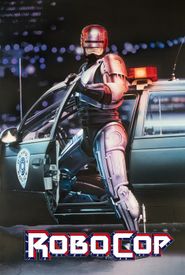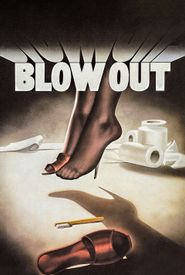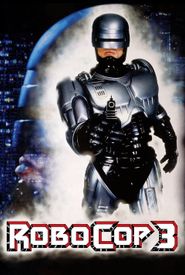Nancy Anne Allen was born and raised in the Bronx borough of New York City, the youngest of three children. Her father, Eugene Allen, was a New York police lieutenant.
She trained for a dancing career at the High School of Performing Arts and then attended Jose Quintano's School for Young Professionals. Nancy made her first film appearance in The Last Detail (1973) with Jack Nicholson at the age of 15.
Three years later, she played the role of Chris Hargensen in Stephen King's Carrie (1976),taken to the big screen by director Brian De Palma. Nancy then married De Palma in 1979.
She next appeared in Steven Spielberg's I Wanna Hold Your Hand (1978); for the next few years, she appeared only in De Palma's films: Home Movies (1979),Dressed to Kill (1980),and she starred with John Travolta in Blow Out (1981).
After her divorce from De Palma in 1984, Nancy's film opportunities were supposedly narrowed, but then she surprised the whole world when she performed as Officer Anne Lewis in the sci-fi cult film RoboCop (1987),along with Peter Weller.
Here, she furnished another standard as a tough but at the same time feminine policewoman, whose sex would not interfere with her actions. After the success of Robocop (1987),she performed as Patricia Gardner in the second sequel Poltergeist III (1988).
She came back in RoboCop 2 (1990) and in order to get more involved with her character, Nancy learned martial arts and police training for real. She returned again in RoboCop 3 (1993),though her co-star Peter Weller did not this time.
In 1993, Nancy joined several other veteran stars in Acting on Impulse (1993),and married co-star Craig Shoemaker, in the same year. A few years later, she divorced Craig and some time after she married again.
She later appeared in some diverse films: Dusting Cliff 7 (1997),Secret of the Andes (1998),Circuit (2001),and she had a guest appearance in Steven Soderbergh's Out of Sight (1998).
Her last performance was for the television series Law & Order: Special Victims Unit (1999),in the episode "Escape" aired on December 2, 2003. Allen has appeared in a number of documentaries about her most famous films, including Dressed to Kill (1980),Carrie (1976),Blow Out (1981),Poltergeist III (1988),and the RoboCop trilogy.
She also hosted Andrew J. Kuehn's horror film documentary Terror in the Aisles (1984),along with Donald Pleasence. Interested in projecting the image of a strong but at the same time feminine woman, she managed to get away from the victim roles she was always offered, she also was able to get away from the stereotype of the beautiful but dumb woman in most action films.
She is an environmentalist that traded her Volvo car for an Hybrid car in order to furnish the example. She is also an activist against breast cancer along with her friend actress Wendie Jo Sperber, who created the foundation WeSpark.
Her last appearance on television was on the Inside E! story of her co-star John Travolta and the A&E Biography of Travolta - both appearances in 2004. Nowadays, Allen lives a quiet life along with her family and friends somewhere in the United States.


































































